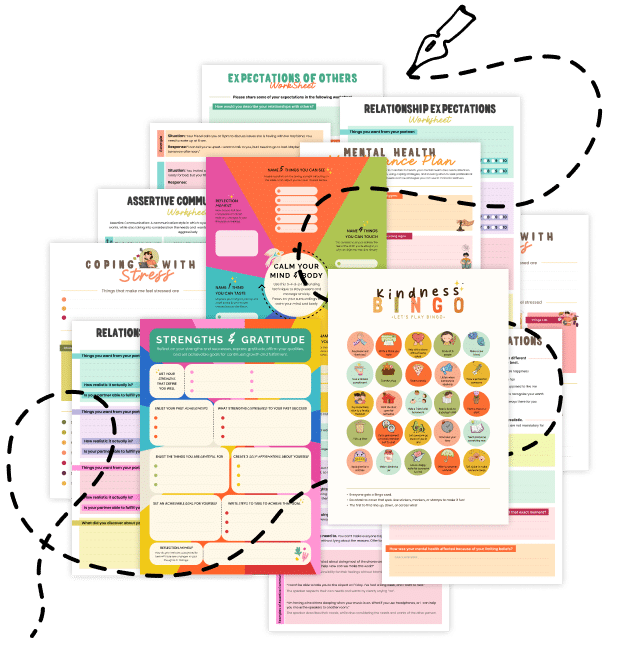20 Things About Vicarious Learning Blocks
Vicarious Learning Blocks are the obstacles that arise when we rely too much on observing others instead of engaging directly in learning experiences. In this post, you’ll discover 20 insightful points on how these blocks develop, their impact on self-confidence and creativity, and practical ways to overcome them for a more active and effective learning process.
1. What Are Vicarious Learning Blocks?
These blocks refer to the barriers that occur when you depend solely on observing others’ successes—or failures—without directly engaging in the experience yourself.
2. The Role of Observation in Learning
Observing others can be a powerful tool, providing cues and strategies. However, it may also limit your own active experimentation.
3. Overreliance on Vicarious Learning
While learning by watching can be efficient, too much reliance can prevent you from developing hands-on skills and personal insights.
4. Hindered Personal Engagement
Vicarious learning blocks can discourage you from taking risks and participating actively, which is essential for deep learning.
5. Impact on Self-Efficacy
Constantly comparing your abilities to others might lower your confidence and make you doubt your capacity to succeed on your own.
6. The Shadow of Negative Models
Observing failures or challenges in others can instill fear and create mental blocks, even when you have the potential to succeed.
7. Social Comparison Pitfalls
Excessive comparison can lead to unrealistic expectations and hinder your progress, as you might feel you’re always falling short.
8. Fear of Failure
When you see others struggle, you may become overly cautious, which can block you from trying new approaches or learning from your own mistakes.
9. Limiting Creativity
Over-dependence on others’ methods may restrict your creative problem-solving, as you might miss opportunities to innovate by not venturing off the beaten path.
10. The Importance of Direct Experience
Engaging firsthand allows you to develop personal strategies and discover unique insights that observation alone might not offer.
11. Balancing Observation with Action
Finding the right mix between learning by watching and active participation is key to overcoming vicarious learning blocks.
12. Reflective Practice Matters
Taking time to reflect on your own experiences helps you identify when you’re relying too much on others’ methods.
13. Cultivating Self-Awareness
Being aware of your learning style can help you recognize when vicarious learning is becoming a block rather than a benefit.
14. The Role of Mentors and Role Models
Positive role models can inspire you, but it’s important to adapt their techniques to your own strengths and context.
15. Incorporating Trial and Error
Allow yourself to experiment and make mistakes. Learning from your own trials is invaluable in building resilience.
16. Mental Rehearsal Techniques
Using visualization and mental practice can complement direct experience, helping you prepare to take active steps.
17. Encouraging Active Participation
Make a conscious effort to step into situations rather than just observing. Participation strengthens your own learning pathway.
18. Overcoming the Comfort Zone
Challenge yourself by trying new methods and techniques, even if it means feeling uncertain at first.
19. Leveraging Digital Media Wisely
Online tutorials and success stories can be inspiring, but remember to balance them with real-world application.
20. Related Topics to Explore
- Social Facilitation: Discover how group dynamics influence performance and learning.
- Naïve Realism: Understand how our perceptions of reality can be limited by our experiences.
- Cognitive Entrenchment: Learn how rigid thinking patterns can prevent you from embracing new ideas.
- Self-Handicapping Behaviors: Explore how self-imposed obstacles can block your learning progress.
Quick Tips to Boost Vicarious Learning Blocks
- Engage Actively: Combine observation with hands-on practice to build personal experience.
- Reflect on Your Experiences: Regularly assess what you learn from both successes and failures.
- Set Small Challenges: Step out of your comfort zone by trying new tasks in a controlled setting.
- Seek Constructive Feedback: Use guidance from mentors while tailoring techniques to your unique style.
By understanding and addressing Vicarious Learning Blocks, you can move beyond passive observation and unlock your full potential through direct, engaged learning. Enjoy the journey of discovering your own path to success!


